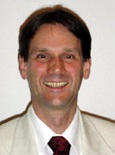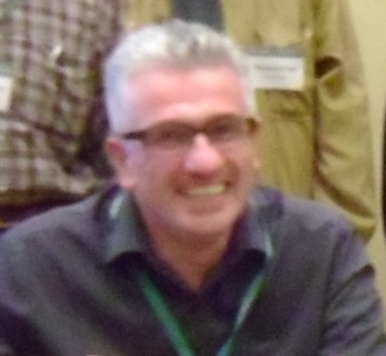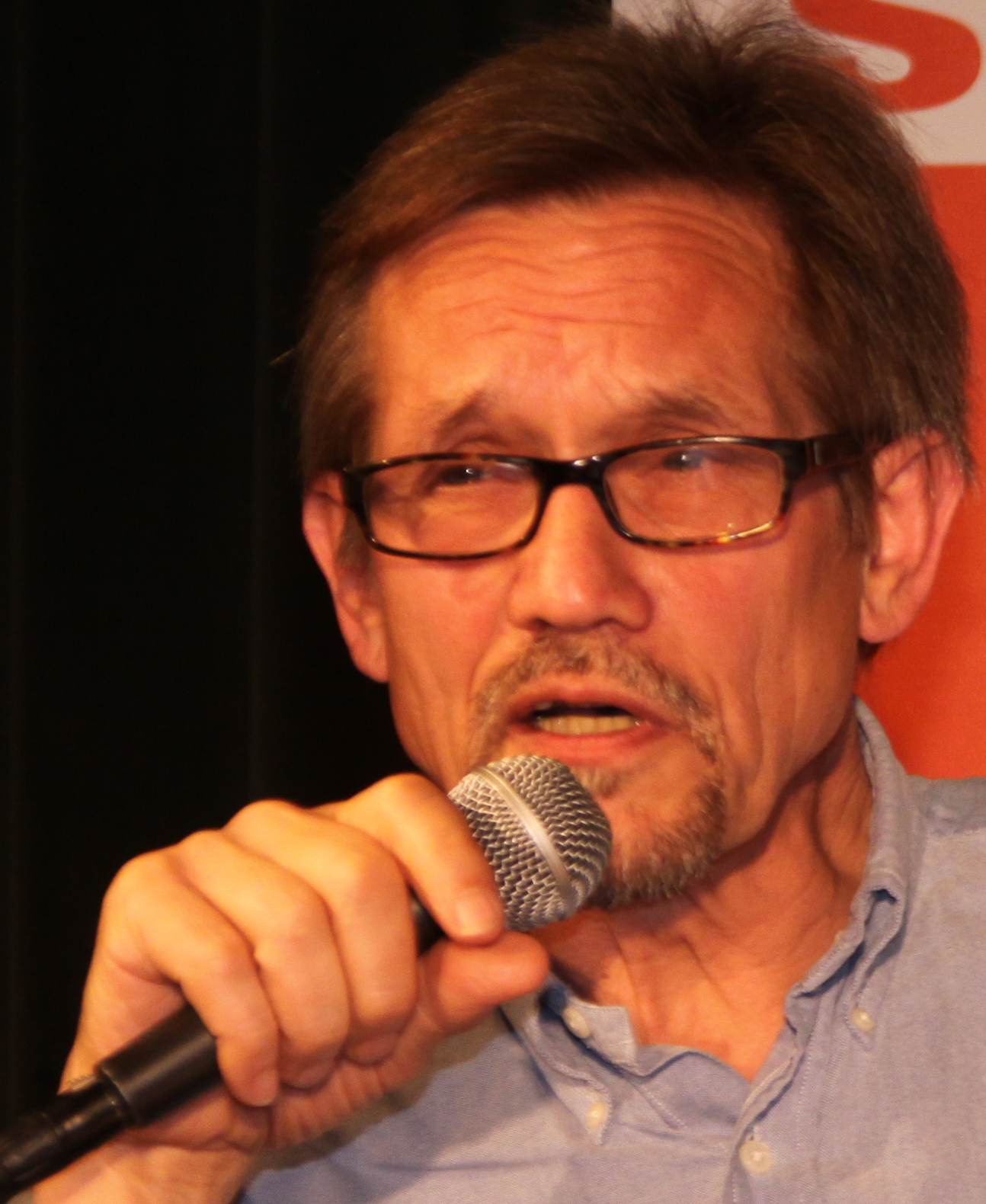|
Regulation School
The regulation school (french: l'école de la régulation) is a group of writers in political economy and economics whose origins can be traced to France in the early 1970s, where economic instability and stagflation were rampant in the French economy. The term ''régulation'' was coined by Frenchman Destanne de Bernis, who aimed to use the approach as a systems theory to bring Marxian economic analysis up to date.''The Regulation School: A Critical Introduction'' (Columbia University Press, 1990) These writers are influenced by structural Marxism, the Annales School, institutionalism, Karl Polanyi's substantivist approach, and theory of Charles Bettelheim, among others, and sought to present the emergence of new economic (and hence social) forms in terms of tensions within existing arrangements. Since they are interested in how historically specific systems of capital accumulation are "regularized" or stabilized, their approach is called the "regulation approach" or "regulat ... [...More Info...] [...Related Items...] OR: [Wikipedia] [Google] [Baidu] |
Political Economy
Political economy is the study of how economic systems (e.g. markets and national economies) and political systems (e.g. law, institutions, government) are linked. Widely studied phenomena within the discipline are systems such as labour markets and financial markets, as well as phenomena such as growth, distribution, inequality, and trade, and how these are shaped by institutions, laws, and government policy. Originating in the 16th century, it is the precursor to the modern discipline of economics. Political economy in its modern form is considered an interdisciplinary field, drawing on theory from both political science and modern economics. Political economy originated within 16th century western moral philosophy, with theoretical works exploring the administration of states' wealth; "political" signifying the Greek word '' polity'' and "economy" signifying the Greek word '; household management. The earliest works of political economy are usually attributed to t ... [...More Info...] [...Related Items...] OR: [Wikipedia] [Google] [Baidu] |
Fordism
Fordism is a manufacturing technology that serves as the basis of modern economic and social systems in industrialized, standardized mass production and mass consumption. The concept is named after Henry Ford. It is used in social, economic, and management theory about production, working conditions, consumption, and related phenomena, especially regarding the 20th century. It describes an ideology of advanced capitalism centered around the American socioeconomic systems in place in the post-war economic boom. Overview Fordism is "the eponymous manufacturing system designed to produce standardized, low-cost goods and afford its workers decent enough wages to buy them." It has also been described as "a model of economic expansion and technological progress based on mass production: the manufacture of standardized products in huge volumes using special purpose machinery and unskilled labor." Although Fordism was a method used to improve productivity in the automotive industry, th ... [...More Info...] [...Related Items...] OR: [Wikipedia] [Google] [Baidu] |
Cybernetics
Cybernetics is a wide-ranging field concerned with circular causality, such as feedback, in regulatory and purposive systems. Cybernetics is named after an example of circular causal feedback, that of steering a ship, where the helmsperson maintains a steady course in a changing environment by adjusting their steering in continual response to the effect it is observed as having. Cybernetics is concerned with circular causal processes such as steering however they are embodied,Ashby, W. R. (1956). An introduction to cybernetics. London: Chapman & Hall, p. 1. including in ecological, technological, biological, cognitive, and social systems, and in the context of practical activities such as designing, learning, managing, conversation, and the practice of cybernetics itself. Cybernetics' transdisciplinary and "antidisciplinary" character has meant that it intersects with a number of other fields, leading to it having both wide influence and diverse interpretations. Cybernetics ... [...More Info...] [...Related Items...] OR: [Wikipedia] [Google] [Baidu] |
Matt Vidal
Matt Vidal is a British-American sociologist. He is Reader in Sociology and Comparative Political Economy in the Institute for International Management, Loughborough University London. Education Vidal graduated from South Dakota State University and received his PhD in Sociology from the University of Wisconsin-Madison. He has been a Postdoctoral Fellow at the University of California, Los Angeles (UCLA) Institute for Research on Labor and Employment, a Research Fellow at the Weizenbaum Institute for the Networked Society, Berlin, and a visiting researcher at the Department of Management, Paris Dauphine University, Paris, and the Max Planck Institute for the Study of Societies, Cologne. Contributions Vidal has made contributions to many areas, including sociology of work, human resource management and employment relations; labor markets; institutional theory; comparative political economy; and Marxist theory. He is author of ''Organizing Prosperity'' (Economic Policy Insti ... [...More Info...] [...Related Items...] OR: [Wikipedia] [Google] [Baidu] |
Daniel Drache
Daniel Drache is a scholar in Canadian and international political economy, globalization studies, communication studies, and cultural studies. He is recognized as having made important contributions to comparative and interdisciplinary debates on policy, globalization, border security, and the impact of new information and communication technologies on political mobilization and citizenship. He is also known for his critique of market fundamentalism. In Canada he is also credited with reviving the work of foundational political economist Harold Innis within the academy. Drache is a professor emeritus political science and senior research scholar of the Robarts Centre for Canadian Studies at York University in Toronto, Canada. Biography Drache previously directed the Robarts Centre for Canadian Studies, a York University research center from 1994 to 2003. At York, Prof. Drache was appointed to graduate programs in Political Science, Communication and Culture, and Environmental S ... [...More Info...] [...Related Items...] OR: [Wikipedia] [Google] [Baidu] |
Christoph Scherrer
Christoph Scherrer (born 1956 in Frankfurt am Main) is a German economist and political scientist. Currently, he is a professor of globalization and politics and Executive Director of the International Center for Development and Decent Work at the University of Kassel. Life Christoph Scherrer studied economics and American studies at the University of Frankfurt, where he also received his PhD in political science in 1989. From 1990-1998, he was an assistant professor at the J.F. Kennedy-Institute of the Free University Berlin. During this time, he was a guest professor at Rutgers University in Newark, a visiting fellow in the Department of Political Science at Yale University, held a J.F. Kennedy-Memorial Fellowship at Harvard University and was a Hewlett Scholar at the John E. Andrus Center for Public Affairs at Wesleyan University, Middletown, CT. After obtaining his habilitation in 1999, he became a visiting professor of European politics at the Berlin School of Economics ... [...More Info...] [...Related Items...] OR: [Wikipedia] [Google] [Baidu] |
Jamie Peck
Jamie Peck FRSC FAcSS (born July 9, 1962 in Kimberley, Nottinghamshire, UK) is Canada Research Chair in Urban & Regional Political Economy and Professor of Geography at the University of British Columbia, Canada. He is the Managing Editor of Environment and Planning A' and the convenor of thSummer Institute in Economic Geography Background The recipient of Guggenheim and Harkness fellowships, he was previously Professor of Geography & Sociology at the University of Wisconsin-Madison and Professor of Geography at the University of Manchester, and has held visiting positions at Johns Hopkins University, Oxford University, the National University of Singapore, University of the Witwatersrand, the University of Melbourne, the University of Nottingham, the University of Amsterdam, the University of Oslo, and Queen's University Belfast. Scholarly Contributions Jamie Peck's research interests include the political economy of neoliberalization, policy mobility, economic governance ... [...More Info...] [...Related Items...] OR: [Wikipedia] [Google] [Baidu] |
Robert Boyer (economic Historian)
Robert Boyer may refer to: *Robert S. Boyer, professor of computer science, mathematics, and philosophy *See List of Charles Whitman's victims for Robert Hamilton Boyer, professor killed at The University of Texas in 1966 * Robert Boyer (artist) (1948–2004), Canadian artist of aboriginal heritage *Robert Boyer (chemist) (1909–1989), chemist employed by Henry Ford *Robert James Boyer (1913–2005), former politician in Ontario, Canada *Bob Boyer (wrestler), retired Canadian professional wrestler See also *Robert Boyers Robert Emlen Boyers (December 25, 1876 – August 4, 1949) was a United States Army officer and American football player and coach. He served as the head football coach at the United States Military Academy from 1904 to 1905, compiling a record of ... (1876–1949), American football coach * Robert Bowyer (1758–1834), British painter and publisher {{DEFAULTSORT:Boyer, Robert ... [...More Info...] [...Related Items...] OR: [Wikipedia] [Google] [Baidu] |
Alain Lipietz
Alain Lipietz (born September 19, 1947 as Alain Guy Lipiec) is a French engineer, economist and politician, a former Member of the European Parliament, and a member of the French Green Party. He has, however, been suspended from the party since 25 March 2014 and is an elected local politician in Val de Bièvre, Paris, France. Education and background Alain Lipietz was raised in Paris in a middle class, Leftist family. His mother was French and his father was a Jewish Pole, who had fled antisemitism in Poland at the age of two and arrived in France in 1924. They had three children. Lipietz was a precocious child, winning a prize at the age of 15 for public speaking. He studied at the exclusive '' École polytechnique'' as an engineer (entered in 1966) and the ''École Nationale des Ponts et Chaussées'' (diploma in 1971). He had participated in the May '68 protests in Paris, and seen the plight of miners in the north of France, prompting him to study economics, obtaining a M ... [...More Info...] [...Related Items...] OR: [Wikipedia] [Google] [Baidu] |
Civil Society
Civil society can be understood as the "third sector" of society, distinct from government and business, and including the family and the private sphere.''What is Civil Society'' civilsoc.org By other authors, ''civil society'' is used in the sense of 1) the aggregate of non-governmental organizations and institutions that advance the interests and will of citizens or 2) individuals and organizations in a society which are independent of the government. Sometimes the term ''civil society'' is used in the more general sense of "the elements such as freedom of speech, an independent judiciary, etc, that make up a democratic society" ('''' ... [...More Info...] [...Related Items...] OR: [Wikipedia] [Google] [Baidu] |
Bob Jessop
Bob Jessop (born 3 March 1946) is a British academic who has published extensively on state theory and political economy. He is currently Distinguished Professor of Sociology at the University of Lancaster. Work Jessop's major contribution to state theory is in treating the state not as an entity but as a social relation with differential strategic effects. This means that the state is not something with an essential, fixed property, such as a neutral coordinator of different social interests, an autonomous corporate actor with its own bureaucratic goals and interests, or the "executive committee of the bourgeoisie", as often described by pluralists, elitists/ statists, and conventional Marxists, respectively. Rather, what the state is essentially determined by is the nature of the wider social relations in which it is situated, especially the balance of social forces. The state can thus be understood as follows: First, the state has varied natures, apparatuses, and boundaries ... [...More Info...] [...Related Items...] OR: [Wikipedia] [Google] [Baidu] |
Historical Materialism
Historical materialism is the term used to describe Karl Marx's theory of history. Marx locates historical change in the rise of class societies and the way humans labor together to make their livelihoods. For Marx and his lifetime collaborator, Friedrich Engels, the ultimate cause and moving power of historical events are to be found in the economic development of society and the social and political upheavals wrought by changes to the mode of production. Historical materialism provides a challenge to the view that historical processes have come to a close and that capitalism is the end of history. Although Marx never brought together a formal or comprehensive description of historical materialism in one published work, his key ideas are woven into a variety of works from the 1840s onward. Since Marx's time, the theory has been modified and expanded. It now has many Marxist and non-Marxist variants. Enlightenment views of history Marx's view of history is shaped by his eng ... [...More Info...] [...Related Items...] OR: [Wikipedia] [Google] [Baidu] |






